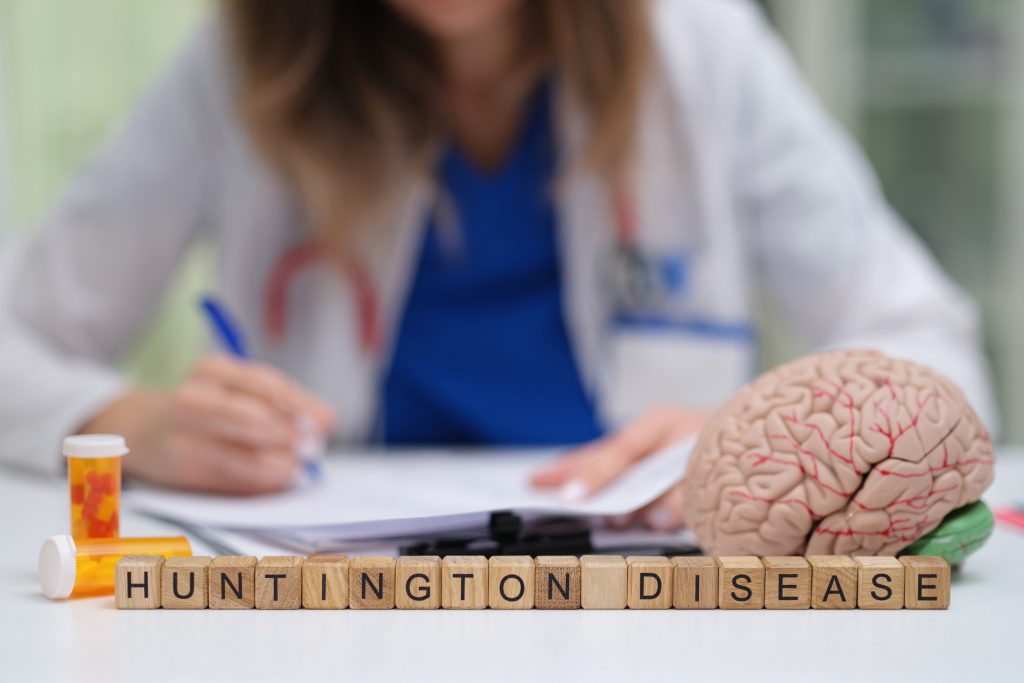
www.optimistdaily.com
Huntington’s disease breakthrough: gene therapy slows progression by 75 percent
BY THE OPTIMIST DAILY EDITORIAL TEAM
For the first time, doctors say Huntington’s disease, one of the most devastating hereditary neurological conditions, has been successfully treated. The breakthrough comes from an ingenious gene therapy that slowed the disease’s progression by 75 percent, dramatically changing the outlook for patients and families.
“This is spectacular,” said Professor Sarah Tabrizi, director of the University College London Huntington’s Disease Centre. “We never in our wildest dreams would have expected a 75 percent slowing of clinical progression.” She explained that what would normally be a year of decline may now stretch to four years, potentially giving patients decades of “good quality life.”
A therapy years in the making
Huntington’s disease typically begins in a person’s 30s or 40s and is fatal within about 20 years. Symptoms range from involuntary movements and cognitive decline to behavioral changes. If one parent carries the faulty gene, there’s a 50 percent chance their child will inherit it too. The condition turns the essential huntingtin protein into a neurotoxic killer.
The new therapy aims to permanently reduce levels of this toxic protein with a single treatment. Delivered via a specially engineered virus, the therapy is infused deep into the brain during 12 to 18 hours of delicate neurosurgery guided by real-time MRI scans. Once inside, the virus acts like a microscopic courier, delivering DNA instructions that enable brain cells to produce microRNA fragments. These fragments intercept and disable the messenger RNA used to build the mutant huntingtin protein, lowering its levels and protecting neurons from death.
Remarkable results from the first trial
The initial trial involved 29 patients and, although full peer-reviewed results are still pending, early data from the biotech company uniQure are striking. Three years after surgery, patients showed an average 75 percent slowing of the disease based on combined measures of cognition, motor skills, and daily functioning. Biomarker data also suggested the treatment was saving brain cells: levels of neurofilaments in spinal fluid, a surefire sign of cell death, were actually lower than at the start of the trial.
None of the trial participants have been named, but the impact has been profound. One patient who had been medically retired has returned to work, and others remain mobile despite predictions they’d need wheelchairs by now. “There was every chance that we would never see a result like this,” said Professor Ed Wild, a neurologist at the National Hospital for Neurology and Neurosurgery. “The actual magnitude of the effect is breathtaking.”
Families finally see hope
For families living under Huntington’s shadow, the development feels life-changing. Jack May-Davis, 30, carries the faulty gene that killed his father, Fred, at 54 after years of decline. “It was really awful and horrible watching my dad’s inexorable decline,” he said. But the new therapy has left him “overwhelmed” and able to look to a future that “seems a little bit brighter.”
Challenges ahead
The treatment is not without hurdles. Some patients experienced inflammation from the viral delivery system, causing headaches or confusion, although these effects resolved with time or steroid treatment. And the cost will likely be high, given the complex neurosurgery involved. “It will be expensive for sure,” said Professor Wild. Gene therapies are often costly but can still be affordable over the long term. The UK’s NHS already covers a £2.6 million ($3.5 million) per-patient gene therapy for haemophilia B.
Still, experts believe this is only the beginning. Professor Tabrizi is already working with young people who carry the Huntington’s gene but have not yet developed symptoms, known as “stage zero” Huntington’s. Her team hopes to run the first prevention trial to see if the disease can be delayed or even stopped entirely.
“This is the result we’ve been waiting for,” said Professor Wild. “To be living in a world where we know this is possible—it’s very difficult to fully encapsulate the emotion.”
Looking toward a new future
UniQure plans to seek US regulatory approval in early 2026, with launches to follow later that year. Conversations with UK and European authorities will begin soon after. Dr Walid Abi-Saab, uniQure’s chief medical officer, said the treatment had “the potential to fundamentally transform” Huntington’s disease.
For patients like Jack and countless others carrying the faulty gene, the breakthrough represents a shift from inevitability to possibility and a chance to imagine life beyond Huntington’s.The post Huntington’s disease breakthrough: gene therapy slows progression by 75 percent first appeared on The Optimist Daily: Making Solutions the News.










